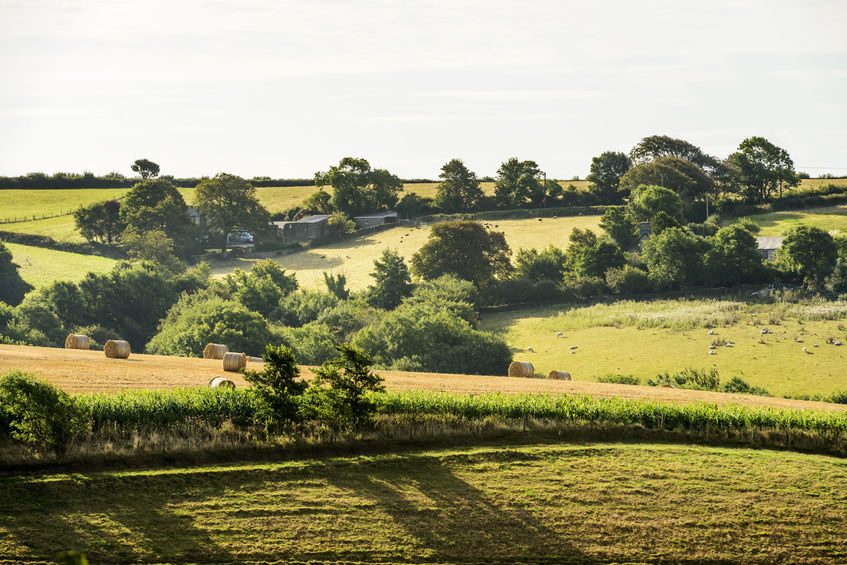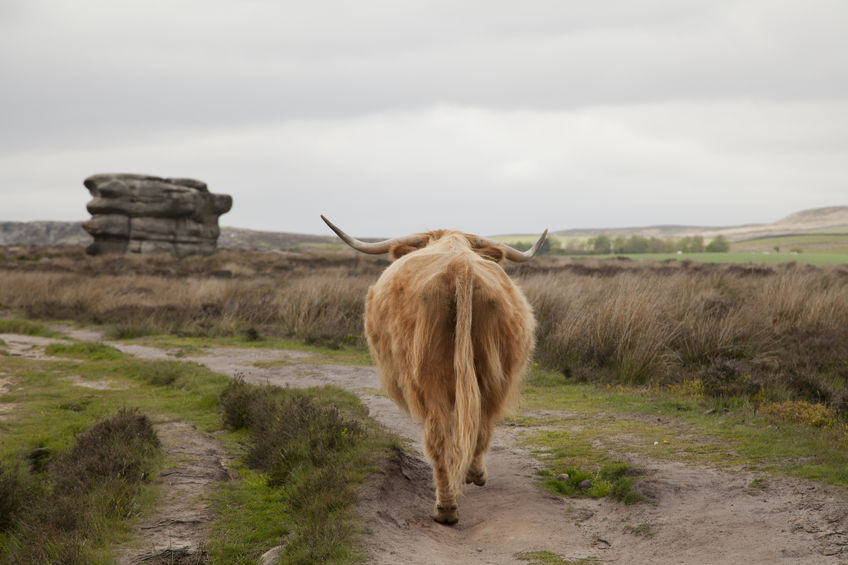
Yesterday’s Department for International Trade Ministerial portfolio announcement has widely ignored the agricultural industry.
The sector has criticised the lack of interest, with the CLA saying that failure to secure strong trade opportunities for agricultural products will put UK food security and the environment at risk.
The CLA's warning comes in the context of a history of agriculture being treated as a low priority or excluded from international trade negotiations.
In collaboration with Scottish Land & Estates, the CLA has today published a briefing which explores the opportunities for agriculture and forestry trade outside the EU and also sets out the risks if trade declines substantially following Brexit.
Opportunitiy for rural businesses
CLA Director General Helen Woolley said that leaving the EU "can be an opportunity" for businesses across the countryside.

"We have great entrepreneurs and great products," said the Director General, "if the conditions are right we will thrive.
"But those conditions will not come about without careful planning and tough negotiations.
"Nowhere is that more the case than in agriculture, it is notoriously difficult to establish open trade deals for farming products.
"It is seriously alarming that no Government minister has been given specific responsibility to deliver it.
"We now seek urgent reassurance that the Government will deliver for our farmers and rural producers.
"We expect the Department for International Trade to start working together with us straight away and this is a terrible start.
'Serious consequences'
The Director General said there are "serious consequences" if the government doesn't get it right.
She said food prices could rise, and the UK's food security may be "compromised".
"The environment could start to suffer and many farms and manufacturers could go out of business," she said.
"Farmers and other food producers want to provide the country with a safe, secure supply of food.
"Land managers want to carry on their good work improving nature and wildlife, helping to tackle climate change and managing the UK’s distinctive landscapes.
"This is why it is so important that ministers assure us all that securing the best deal for food and farming will be a high priority and not an afterthought in their trade negotiations."
CLA's five objectives for trade policy
Opening new markets: Ministers must ensure that wherever new trade deals are struck, they are creating opportunity for food producers and manufacturers
Growing existing markets at home and abroad: Discussions with the EU must negotiate the best possible access to the EU market for our food and drink products
Delivering the best deals for UK consumers: The right balance must be struck between maximising opportunity for people to buy and consume food grown, reared and manufactured in the UK as well as allowing opportunity to buy the best of produce from around the world
Equipping businesses to compete: Businesses will need the skills, knowledge and ambition to seek out markets elsewhere in the world
Improving farmer resilience: As well asopportunity, trading in a global market place can bring risks through the impacts of climate change and changing geopolitical situations
